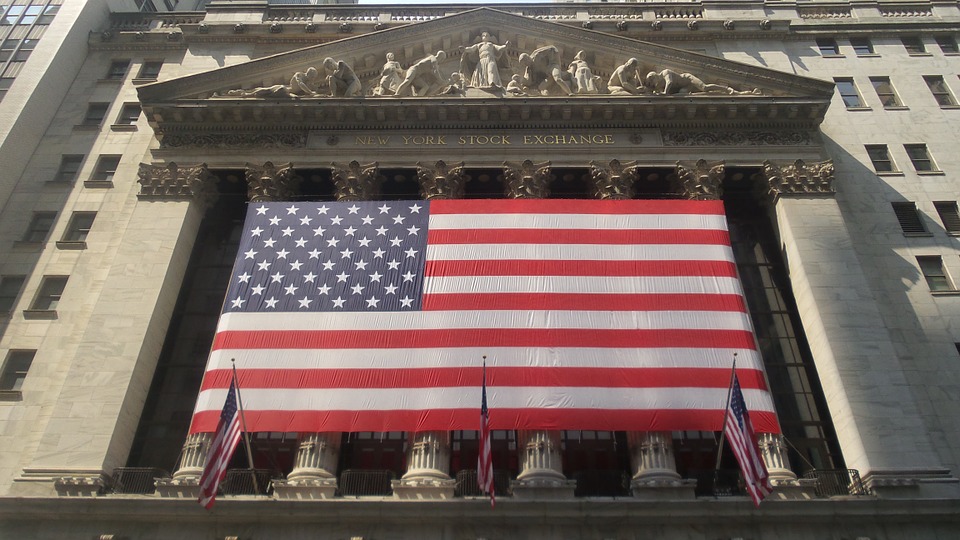During the past week, representatives from the European Central Bank made all efforts to make clear that the rate will be raised in July, but emphasized that this increase in the unit. If this is indeed the case, then increase will be rather a political factor than economic necessity. Direct vlyainiya on the economic situation in the euro area this unit will not be able to raise, but will show how the ECB is struggling with accelerating inflation in the region. And prices are rising, and it is well demonstrated published data for a week in Germany, where wholesale prices rose in May by 1.4%, and for the year by 8.1% (very much) to the same data were revised to inflation rate for May in Germany in an upward and temperature inflation is 3.1%. Labor costs also rose more than 3%. Since osnovnovnoy driver for price growth does not depend on the ECB rate, the bank's actions look more indicative of a step than a real fight against rising inflation.
However other data for the euro area were quite good: a high trade surplus miles budget has grown up in Germany and manufacturing. However, these data have not saved the European currency from falling on the week almost 3%. A big role here played politics. We all remember how painful Evra reacted, a few years ago at the failure of a number of European countries with a common project European Constitution. So this time: Ireland, following a referendum, voted against the ratification of the Lisbon Treaty, which replaced the European Constitution, resulting in the integration processes in Europe once again slow down. Because of all this, there were conversations, especially in some countries in southern euro area, the exit from the European Union, so all this painful responds to European currencies. U.S. data were contradictory.
B. Bernanke reiterated that the focus of monetary policy shifted to fighting inflation, and other Fed officials supported this position that changes the situation on the market in favor of the dollar. Now, speculators and Investors expect the Fed rate can be increased in October. On the background of problems in Europe and the tightening positions Fed dollar pretty much grew up. Economic statistics yielded conflicting data. Grew by 6.3% pending home sales, though it is only a single fact saying locally about a surge in demand at the current level of prices. Excess supply is large enough so that the price drop may be observed, during the whole year. Increased foreign trade deficit and a strong negative effect had the price of oil. Performed well retail sales, which rose by 1.0% in May. At the same time during the year, sales grew by 2.45%, which is even lower than the growth rate consumer prices. Very bad out data on the labor market, where weekly applications for unemployment benefits had grown to 384 thousand at the end of the week came the consumer confidence index, which fell to 56.7 – is the lowest value index over the past 26 years. Oil prices fell slightly from its highs against the background of the dollar. Economic expectations unchanged: in Europe, accelerated deterioration of the economic situation in the backdrop of high inflation, most vulnerable to the UK economy, the U.S. temporary stabilization. Development of the crisis is likely to continue, and the tightening of monetary policy will contribute to a slowdown in developed economies.
